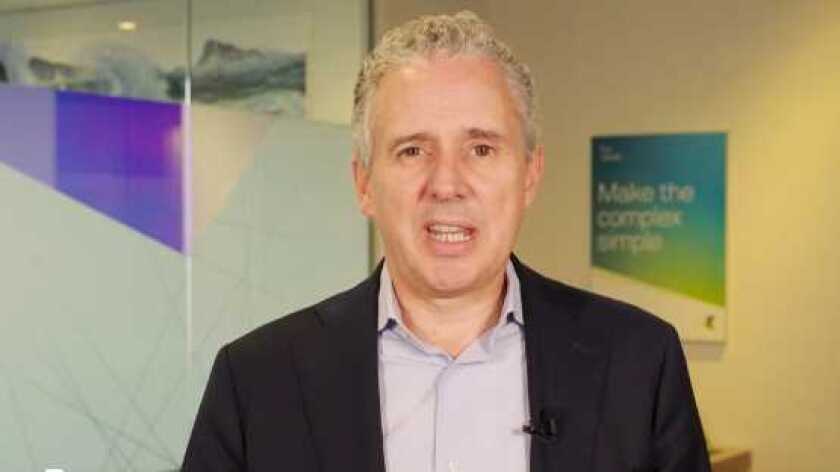Penn (pictured), who handed over on 1 September to former CFO Vicki Brady, said in an interview that the company “did not … embrace the true consequences of what the NBN would mean”.
NBN Co was set up in 2009 with a vision to build a fibre-to-the-home (FTTH) network serving almost all Australian homes, with fixed wireless access (FWA) and broadband satellite filling in the unserved gaps.
In a complex deal with Telstra, the government agreed to buy the company’s last-mile copper distribution network to replace it with wholesale fibre, that would be available to all retail providers.
But the project became a political football, conceived under a Labor government led by Kevin Rudd and then by Julia Gillard, but slimmed down when the right-wing Liberal/National coalition led by Tony Abbot won the 2013 election with a substantial majority.
The Abbot government downgraded the NBN project to fibre-to-the-cabinet, using the existing copper infrastructure for the final connection to customers’ homes.
The changes meant the NBN would cost A$29 billion, compared with the original A$43 billion, which would have connected 94% of homes with fibre.
Paul Budde, the telecoms consultant who had advised Labor politicians during the early phase of the NBN project, reacted to Penn’s statement in an article in Independent Australia.
“Ever since the core concept of the NBN – providing the best possible broadband infrastructure to all of Australia at an affordable price – got undermined by political interference I started to indicate what the consequences of that policy shift would mean,” he wrote.
“Once you decided not to build the best possible network and you are allowing that good quality broadband to become unaffordable for most Australians, obviously, you have to ask yourself – why bother?”
In his original interview, Penn said: “I don’t completely absolve myself from accountability, because I was around. … But by not being more proactive in communicating what the significant economic headwinds to Telstra would be, there was then this expectation that we would find other sources of income or just smooth it all out. And clearly with the benefit of hindsight, that was never going to be the case.”
Budde wrote: “With the changes indicated by the Coalition Government back in 2013, it was clear that also the industry would suffer from these changes. … It was obvious … that the costs would be much higher and this would have a direct effect on the way NBN would charge its wholesale customers. We now all know that the telcos are suffering from this policy, so it is obvious why Andy Penn does have some regrets here.”
Penn, who spent almost 11 years at Telstra, first as CFO before becoming CEO, said in his interview: “I don’t think, ultimately, you want the government to be the long-term provider of wholesale fixed broadband in this country and I think both sides of government actually agree with that.”
In its latest election, in May 2022, Australia re-elected a Labor government. Telecoms minister Michelle Rowland has praised the work the NBN Co is doing, including a A$2.9 billion expansion plan to deliver FTTH to 2 million premises and to upgrade a further 1.5 million homes at a cost of A$2.4 billion.
However, a year before the election she complained about bonuses of A$78 million paid to senior NBN Co management.
She wrote in 2021 that the company “might have an incentive to set and surpass artificially low targets to create the impression that an over-budget project is beating performance metrics”.






